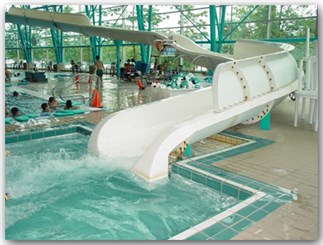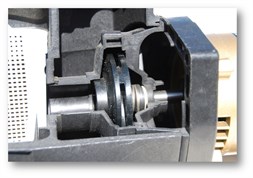There are two levels of Pool Operator courses: Pool Operator Level 1 and Pool Operator Level 2.
Pool Operators Level 1 is an introductory course, with topics designed to build an understanding of swimming pool operations and maintenance.
Pool Operators Level 2 is an advanced course that builds on the knowledge of Pool Operators Level 1. Students will develop competence in the areas of pool operations. Pool Operators Level 1 is a prerequisite.
To learn more about the courses, including passing requirements and course outline details, select from the menu below.
This level is an introductory course. Students attending the sessions will be exposed to information that will help them develop an understanding of Swimming Pool Operations and Maintenance.
- Participation Certification issued
- Quiz at end of course to ensure student understanding
- Assumes candidate has little or no knowledge of pool operations
- This course is a prerequisite for the Level 2 course
Level 1 Course topics include:

- Regulations - focus on the Health Act
- Pool types and designs
- Pool chemistry
- Water testing
- Alternate forms of disinfecting
- Circulation, filtration, and turnover rate
- Preventative maintenance
- Seasonal maintenance
- Safe handling and storage of chemicals
- Troubleshooting problems
This level deals with the topics of Level 1 in more depth and allows the students to develop specific competence in the areas of pool operation. Its certification procedure includes 100% attendance, passing a written examination and completion of a practical.
- Completion Certificate Issued
- Exam at end of course requiring 70% to pass
- Completion of in-course practical required
- Level 1 is a prerequisite
Level 2 Course topics include:

- Review of Level 1 information
- Regulations - focus on WCB
- Increased depth on pool chemistry
- Filter sizing
- Pumps & motors and their maintenance
- General maintenance
- Mechanical workings
- Risk management
- Troubleshooting problems